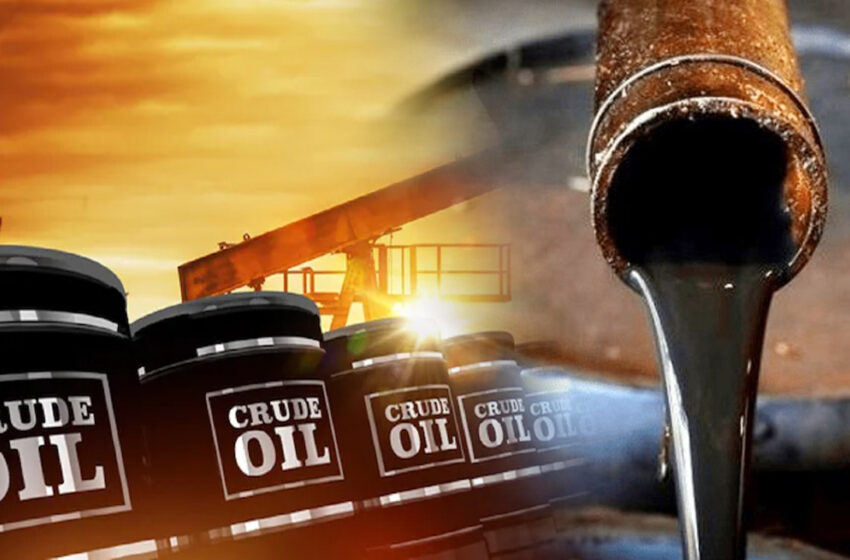Brent Crude Dips Below $70, New Headache for Nigeria’s Economy


For the first time since December 2021, Brent crude oil futures have slipped below $70 per barrel, marking a significant downturn driven by increased supply, declining demand, and a surge in speculative selling.
Brent, the global oil benchmark, fell by 2.8%, while US West Texas Intermediate (WTI) crude also suffered a setback, down 42 cents, or 0.6%, to $68.29.
Although Monday saw both benchmarks gain around 1%, those gains were wiped out during Tuesday’s session amid ongoing concerns about oversupply and weak global demand.
Temporary support came from supply disruptions caused by Tropical Storm Francine in the US, but this was insufficient to counter the prevailing negative market sentiment.
The continuing decline in oil prices is largely attributed to disappointing economic performances in both China and the US, the world’s largest oil consumers, casting doubt on future demand prospects.
Additionally, rising production from non-OPEC (Organisation of the Petroleum Exporting Countries) members has further exacerbated fears of a potential oil surplus in the coming year.
This sharp fall in crude prices delivers another blow to Nigeria’s already struggling economy. The naira has depreciated to nearly N1,600 per dollar in recent weeks, despite interventions by the Central Bank of Nigeria (CBN), which has been selling USD at below-market rates to Bureau De Change (BDCs).
Last week, the CBN announced it would sell $20,000 to eligible BDCs at N1,584 per dollar to boost liquidity and meet demand, yet the currency remains under pressure.
The fall in oil prices also presents a significant challenge for the federal government, which based the 2024 budget on a crude price benchmark of $77 per barrel.
Adding to the difficulties, Nigeria has consistently failed to meet its oil production targets for 2024, set at 1.7 million barrels per day (bpd), as well as OPEC’s quota of 1.5 million bpd. The latest figures from OPEC show that Nigeria’s production averaged just 1.352 million bpd.
However, lower crude prices might offer some relief to Nigerians at the petrol pump.
Last week, the Nigerian National Petroleum Corporation (NNPC) Limited raised petrol prices from just over N600 per litre to N897, further straining consumers already grappling with a severe cost-of-living crisis.






